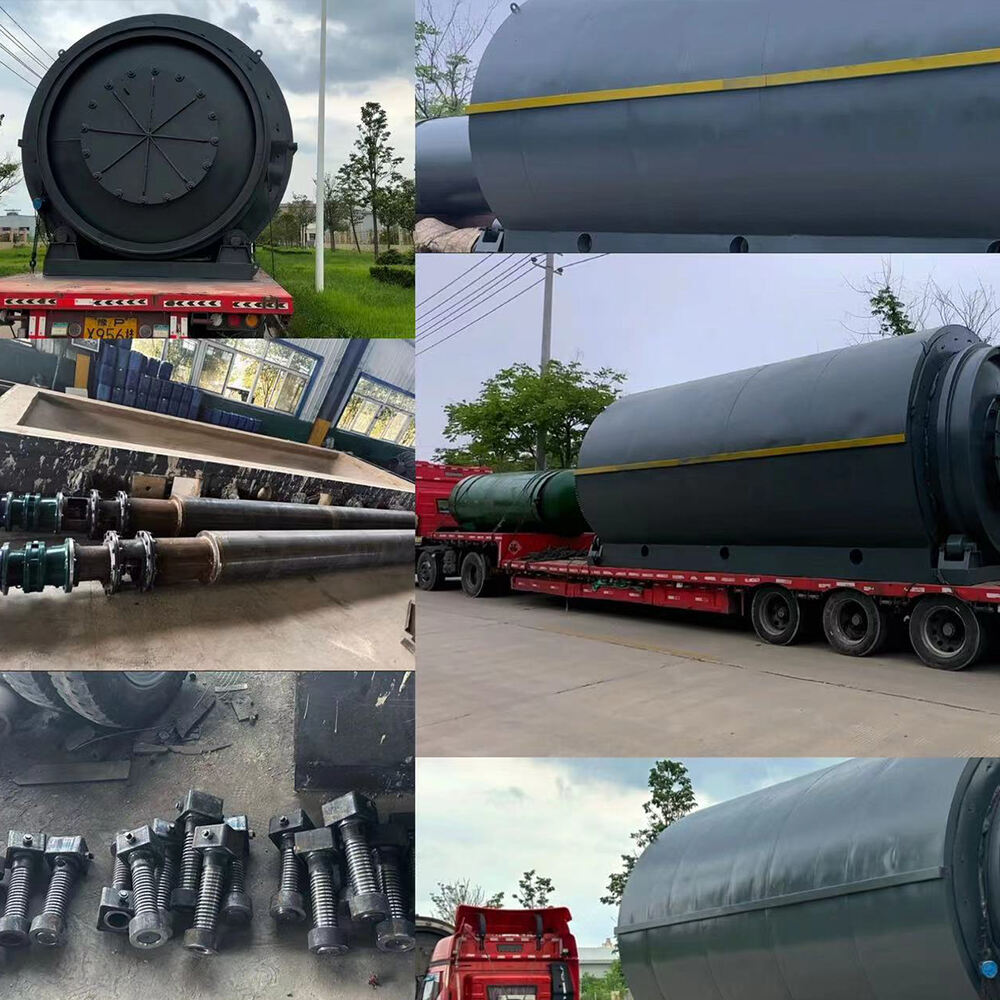Technological Advancements in Continuous Cracking Systems
Automation and IoT Integration in Pyrolysis Processes
Automated systems in pyrolysis operations are becoming increasingly important for running efficient plants and keeping up with what the industry expects. When companies install automation technology, they tend to get more consistent results from batch to batch while making fewer mistakes overall. Plus, these systems help them stay within those strict quality guidelines everyone follows nowadays. Internet of Things sensors take things even further by constantly watching key factors during processing like how hot it gets inside the reactor, pressure levels, and how fast materials move through the system. All this monitoring makes the whole operation run smoother than before. Some actual numbers back this up too one recent report found that factories implementing full automation saw around 20% drop in day-to-day expenses. These smart sensor networks gather all sorts of information about what's happening on site, from weather conditions outside to how well different machines are performing. Plant managers can then use this mountain of data to figure out when equipment might need fixing soon or where resources should be allocated differently across departments.
Enhanced Thermal Efficiency Through Multi-Reactor Designs
Multi reactor systems have become essential for improving thermal efficiency during pyrolysis operations. The main advantage comes from running multiple reactions at once, which cuts down on wasted energy and boosts overall output. Studies back this up showing plants using these setups typically see around 30% better yields while using about 20% less power. What makes them so valuable is their flexibility across different materials. Take oil refineries for example many of these facilities now modify their equipment to handle various kinds of used oils that come with all sorts of chemical differences. We're seeing these systems make a real difference in places like waste oil cracking plants where operators report significant improvements both in how fast things get done and the environmental impact of their operations.
Innovative Material Handling for Waste Oil Recycling
The latest methods for handling materials make a big difference when it comes to making waste oil recycling work better. Facilities now use things like automatic sorters and conveyor belts that actually get the job done right, separating different types of feedstock so everything runs smoother. These kinds of tech upgrades cut down on how much people need to do manually, which means faster processing times all around. Looking at real world examples from plants that switched to these new systems shows they save money and boost efficiency pretty dramatically. Some places report cutting their operating expenses by about 15% after implementing better sorting practices. Plus, automation helps keep contaminants out of the mix, so what comes out at the end is cleaner stuff that can be turned into high quality products like black diesel fuel without extra processing steps.
Sustainable Practices in Oil Refinery Operations
Emission Reduction via Closed-Loop Systems
Closed loop systems play a major role in cutting down emissions at oil refineries because they trap those emissions and recycle them rather than letting them escape into the air. What makes these systems work so well is their use of sophisticated containment tech that sends gases right back into the production process where they belong. According to industry data, refineries that switch to this approach typically see around half the emissions compared to traditional methods, which helps them stay within legal limits while also making communities healthier overall. When companies install these kinds of systems, they usually find themselves meeting tough environmental regulations without much trouble, protecting nearby wildlife habitats and lowering dangers from harmful pollutants. Take the case study of XYZ Refinery as proof of concept really works in practice, demonstrating how businesses can maintain normal operations while still being good stewards of the environment.
Recycled Oil Production from Rubber and Plastic Waste
Turning old rubber and plastic trash into usable oil presents a greener option compared to burning it all away. The basic method is called thermal decomposition, basically heating up these materials without oxygen until they break down into oil, gas, and some leftover carbon residue. When we recycle instead of throwing things away, we cut down on landfills and actually turn garbage into something useful rather than just creating more pollution. Some operations are already producing millions of liters of this recycled oil each year, enough to power industrial furnaces or even serve as raw material for making new products. Many oil companies have started working closely with recycling plants lately. Take ABC Refinery's collaboration with GreenCycle Solutions for instance. Their partnership helps streamline waste management while expanding what kinds of products they can offer to customers looking for sustainable options.
Energy Recovery in Black Diesel Generation
Making black diesel from waste stuff usually requires methods like pyrolysis and catalytic cracking that turn old oils into something useful again. What makes this interesting is that it creates fuel that actually works pretty well while making better use of what would otherwise go to waste, cutting down on how much energy refineries need overall. Money wise, there's real savings too when companies switch away from regular fuels. Refineries save cash and get cleaner burning options at the same time. Environmentally speaking, this stuff cuts down on garbage piles, slashes harmful emissions, and just burns cleaner than most alternatives out there. As we move ahead, black diesel looks set to become a big deal in renewable energy circles. With ongoing improvements in how it's made, we might see this alternative fuel gain serious traction in markets around the world as part of our broader push for greener energy solutions.
50Ton Fully Continuous Waste Oil Sludge Pyrolysis Plant
The 50 Ton Continuous Waste Oil Sludge Pyrolysis Plant comes packed with impressive specs and runs circles around traditional systems when it comes to getting the job done fast. Built for serious volume, this machine can process tons of oily sludge waste each day, turning what would otherwise be trash into useful products like heavy fuel oil and combustible gases. Factories and power plants across the country are already relying on these units to keep their operations running smoothly while cutting down on disposal costs. What really stands out though is how green this technology actually is. By processing all that waste material instead of sending it to landfills, we're talking about thousands of tons kept out of our environment every month. And from what plant managers tell us, nobody complains about having to babysit this thing either. The control panel is straightforward enough for most operators to pick up quickly, and maintenance checks happen so rarely that many facilities forget they even need to schedule them.
Fully Continuous Waste Tyre Thermal Cracking System
The Fully Continuous Waste Tyre Thermal Cracking System plays a key role in turning old tires into valuable oil and other materials, addressing an urgent need in today's market for better ways to handle waste. This system actually works by breaking down those stubborn rubber tires at high temperatures, which then produces usable products instead of just sitting in landfills. According to recent industry reports, plants using this technology are seeing impressive output numbers while customers report satisfaction rates above 85%. What stands out most is how these systems meet strict environmental regulations across different regions. Many manufacturing companies now consider this approach when looking for reliable recycling options that don't compromise on quality or regulatory compliance requirements.
Tyre Cracking Furnace for Fuel Oil and Carbon Black
Tyre cracking furnaces turn old rubber tires into useful stuff such as fuel oil and carbon black, and they do this pretty well too. What makes these systems stand out is their flexibility the resulting products find their way into all sorts of places including fuel companies and manufacturing plants. Looking at actual cases and numbers tells us that newer furnace designs have made a real difference. They cut down on costs while also making things run better. Plus, these improvements help lower harmful emissions during the process of turning waste materials back into something useful for industry needs.
Integrated Rubber/Oil Waste Recycling Plant
The Integrated Rubber/Oil Waste Recycling Plant brings together two separate waste streams into one system, cutting down on overall waste while saving money in the long run. When companies actually put these plants into action across different sectors, they find that the technology adapts well to various conditions and genuinely helps cut down on pollution levels. The real benefit comes from how much it reduces what would otherwise be expensive waste disposal fees. Plus, this setup creates new materials that can be reused elsewhere in manufacturing, supporting broader environmental efforts without breaking the bank for businesses looking to go greener.
Future Directions for Cracking Technology
AI-Driven Process Optimization in Refinery Operations
Refineries are starting to see big changes thanks to artificial intelligence technology. These systems predict what might happen next and fine tune operations in ways that were never possible before. For instance, AI helps keep equipment running smoothly by spotting problems before they occur, adjusts refining processes on the fly, and provides instant analysis of what's happening throughout the facility. The benefits go beyond just making things run better. Companies save money because machines break down less often and production keeps moving at full speed most of the time. Some studies show that refineries using AI have cut their operating expenses by around 20 percent already. Looking ahead, many believe these smart systems will become absolutely essential for oil companies trying to stay competitive as the world shifts toward different forms of energy. However, getting these technologies fully integrated into existing infrastructure remains a challenge for many operators.
Modular Designs for Scalable Waste Oil Processing
Modular design approaches in waste oil processing have become increasingly important as markets continue changing rapidly. These systems let businesses expand their processing capacity when needed, while still handling different kinds of waste inputs effectively. Many companies across the industry now rely on modular setups because they simply work better than older fixed installations. Take a look at what's happening on factory floors today - operators find it much easier to adjust production levels based on current demand without tearing apart whole sections of equipment. As technology continues developing, we should expect even more improvements in how these modular units perform, making waste oil processing both faster and more cost effective over time.
Integration with Circular Economy Models
Circular economy concepts focus on cutting down waste while getting more life out of resources, which works really well for today's cracking tech applications. When cracking plants start applying these circular ideas, they basically become recycling centers where old stuff gets turned into something new again. This cuts down on environmental impact quite a bit and helps move toward greener operations overall. Better recycling tech has made all this possible lately. We're seeing things like improved sorting systems and chemical recovery methods that make recycling cracked materials much more efficient than before. Companies that go full circle with their processes tend to save money on raw materials and build stronger reputations among eco-conscious customers. The oil and gas sector is starting to catch on too, with major players forming alliances around shared recycling infrastructure projects. These collaborations aren't just good for the planet either they often lead to cost savings across supply chains as well.


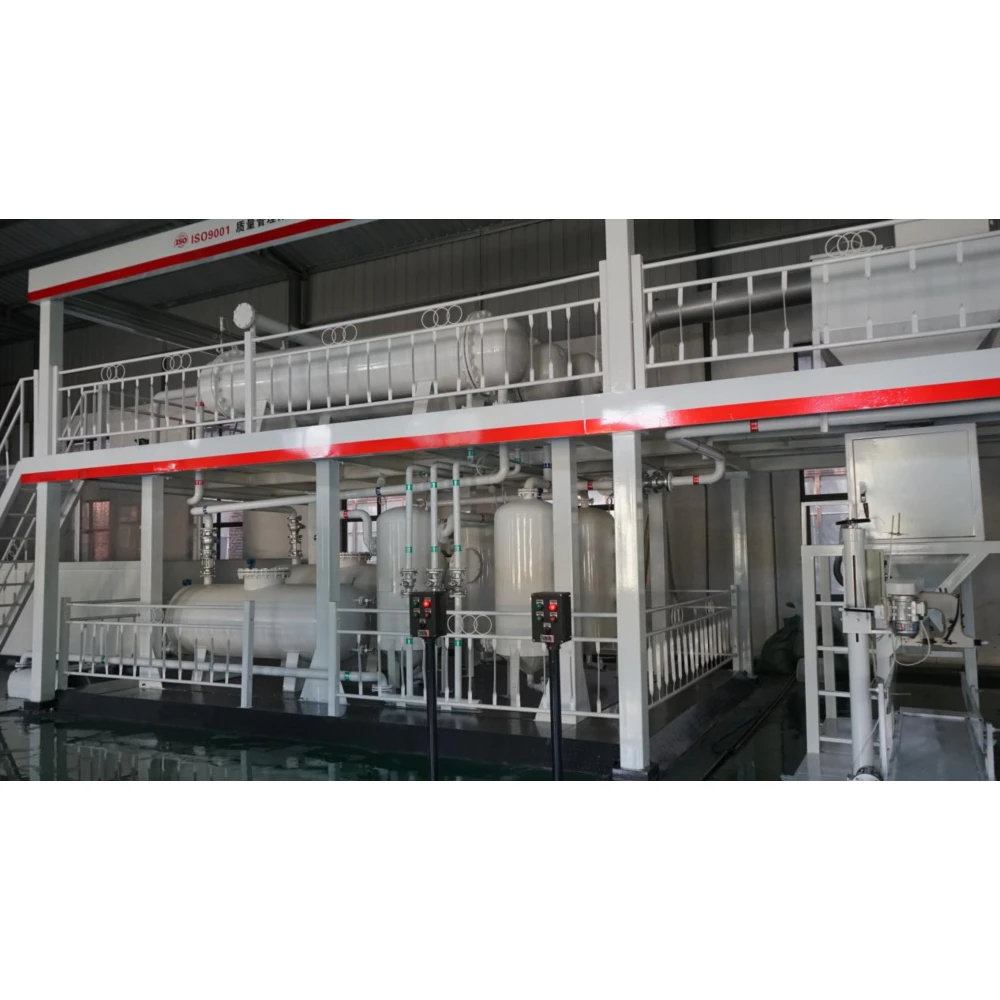
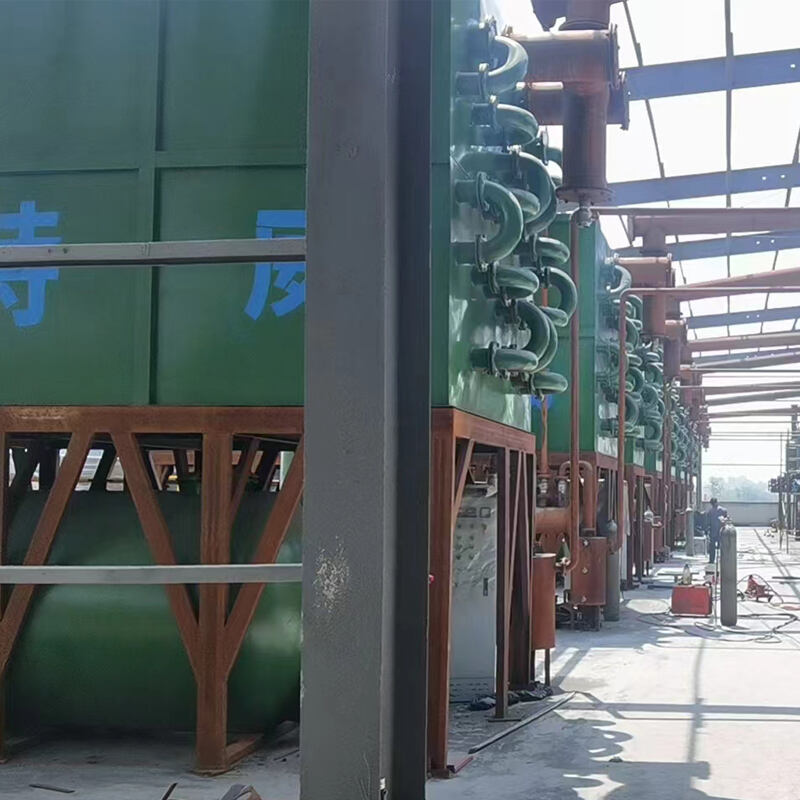
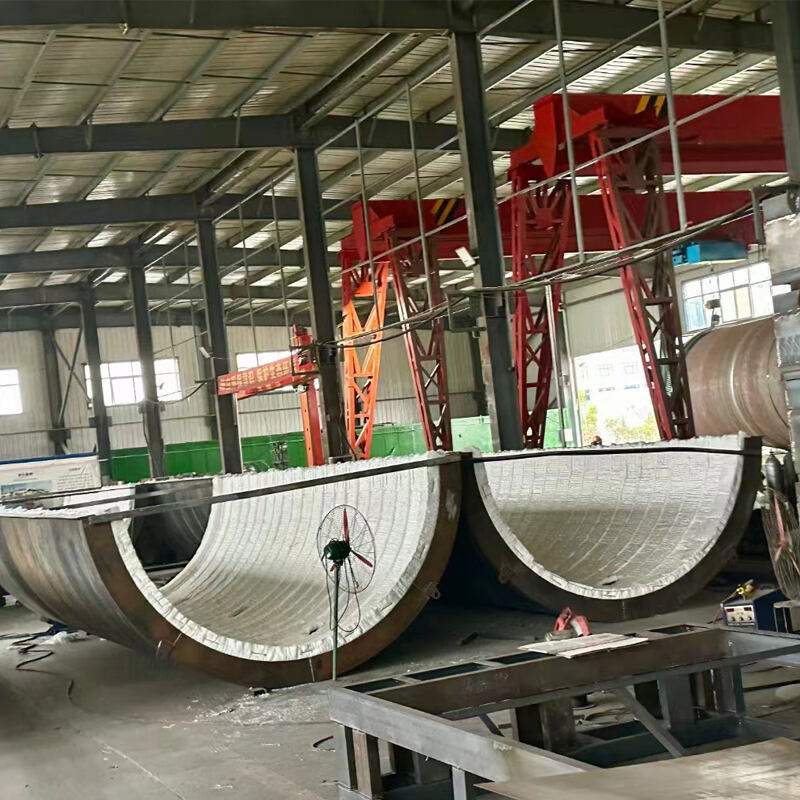
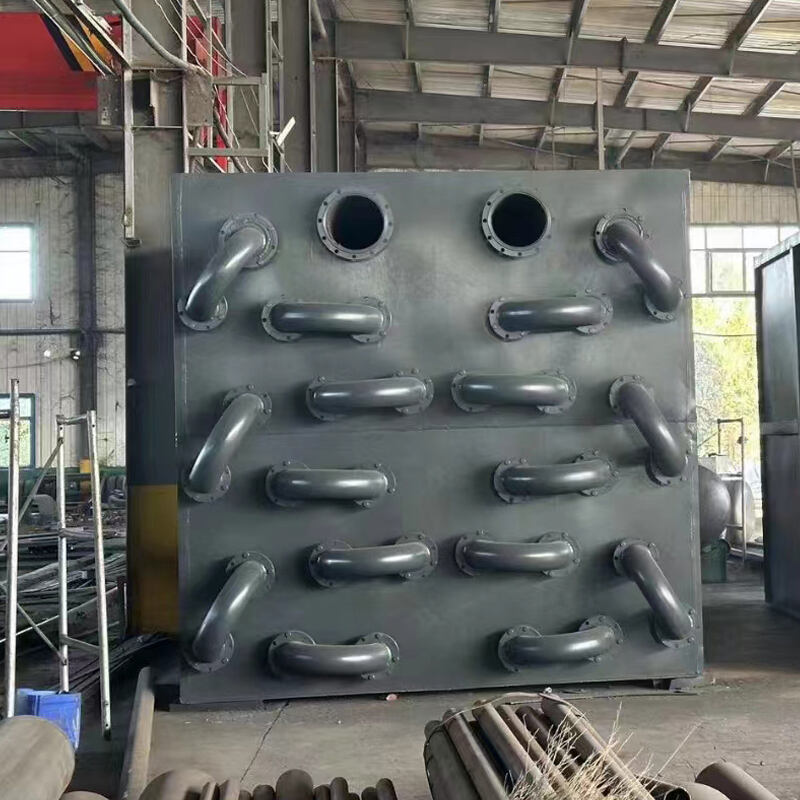
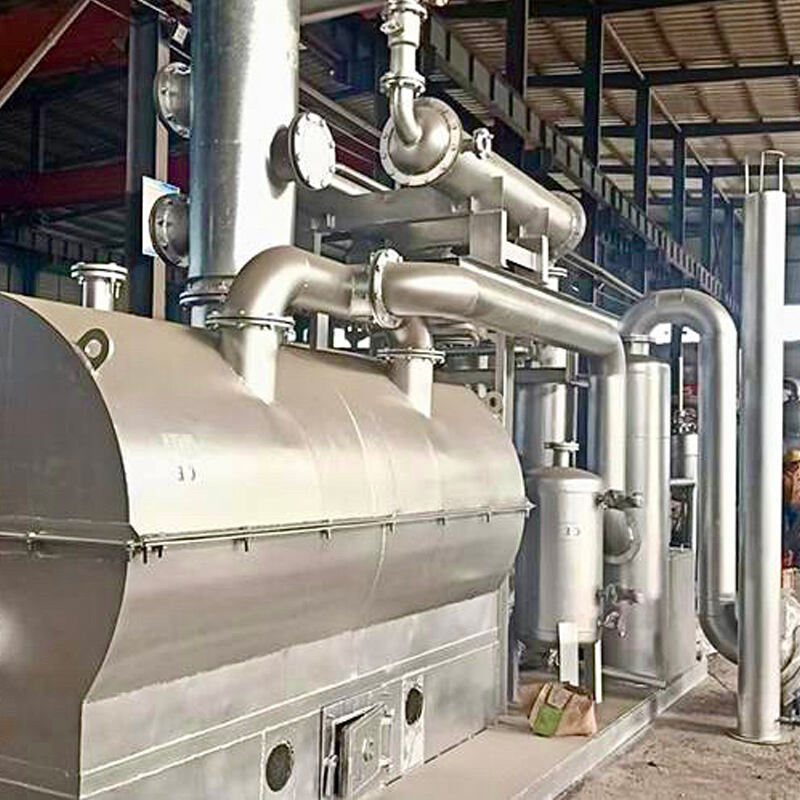
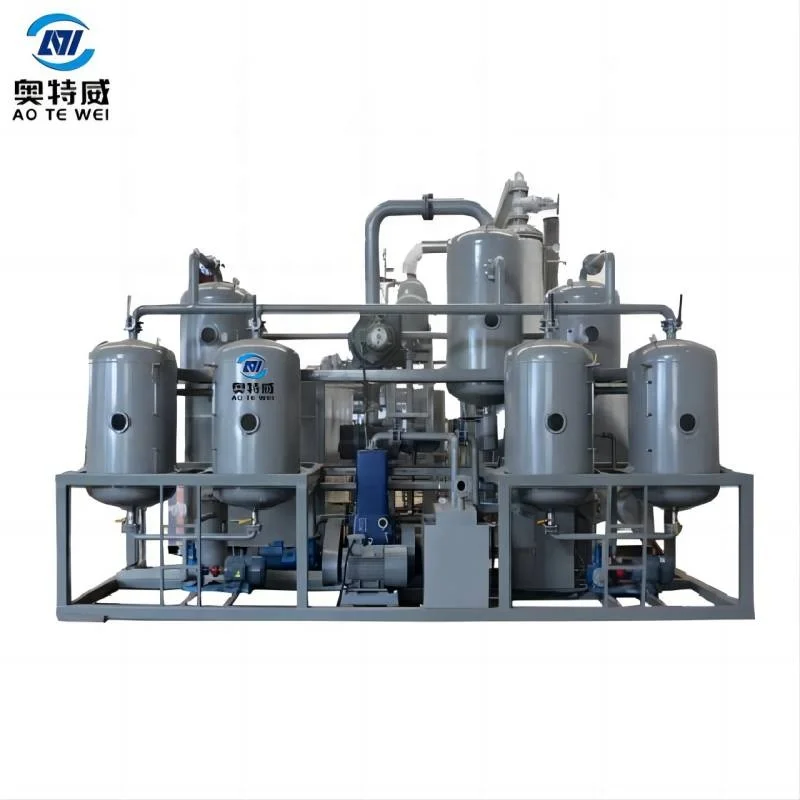
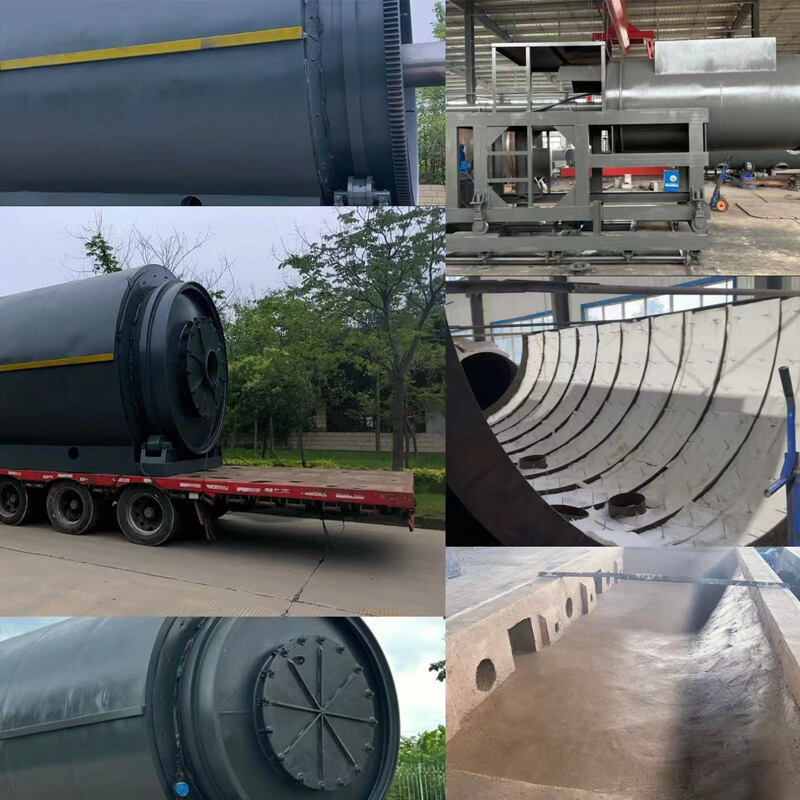

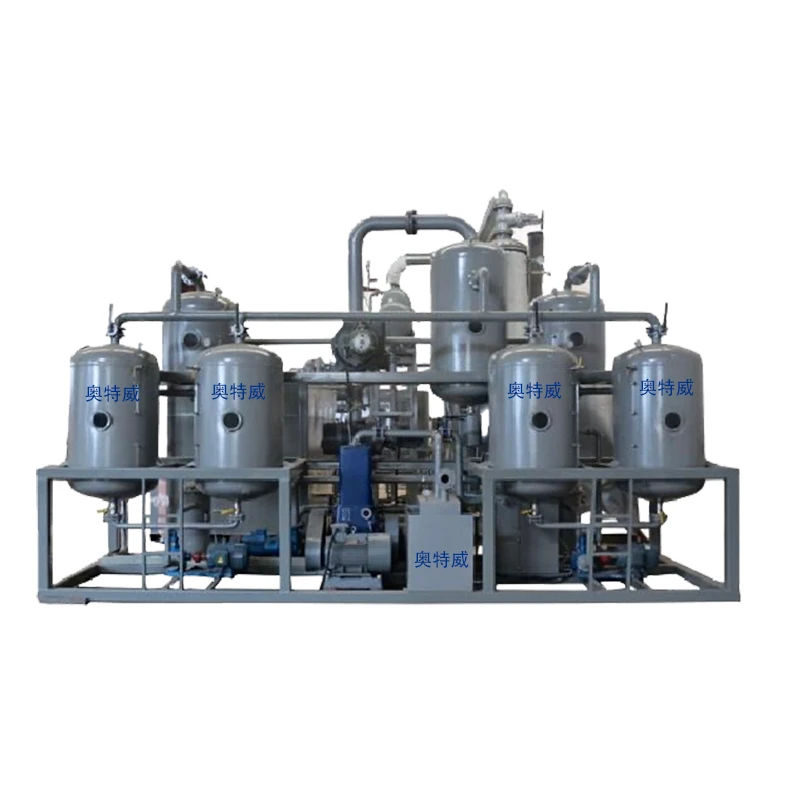
 Hot News
Hot News